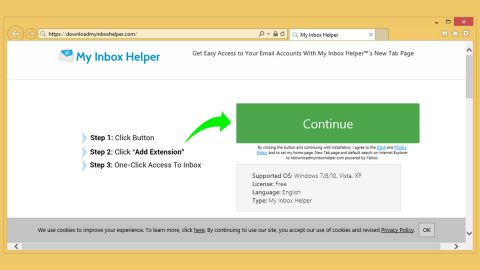If I told you to name a bad internet browser, you’d probably immediately say Internet Explorer. But according to a new report, 2014’s most vulnerable browser wasn’t Internet Explorer: it was Google Chrome.
That report comes from a security company called Secunia. Secunia recorded 15,435 software vulnerabilities across 3,870 applications in 2014.
The company published the results of that vulnerability study this past week, when it released the Vulnerability Review 2015. Here are some of the most important findings from that review.
-There were 18% more vulnerabilities reported in 2014 than 2013, although the study also covered 22% more applications
-Google Chrome had more vulnerabilities than any other software program. Yes, that’s right: Chrome wasn’t just the most vulnerable internet browser. It was the most vulnerable software program according to this list. Chrome had a reported 504 vulnerabilities.
-Apple’s Safari browser had 92 recorded vulnerabilities
-The runners up were Oracle Solaris (483 vulnerabilities), Gentoo Linux (350), and Internet Explorer (289). Apple’s Mac OS X (the entire operating system) placed 13th out of 3,870 applications with 147 vulnerabilities.
-Microsoft’s Windows 8 had slightly fewer vulnerabilities than Mac OS X, clocking in with 105 vulnerabilities for 20th place on the list.
-You can view the full list of vulnerabilities and applications below:

There’s Some Good News
The good news about the latest Secunia report is that the “time to patch” new vulnerabilities is being dramatically reduced across the board. A full 83% of the 15,435 vulnerabilities had a security patch available “on the day the vulnerability was disclosed to the public.” That’s a good response time.
Windows 7 also fared particularly well on this study, clocking in with a measly 33 vulnerabilities (down from 102 in the previous year).
The other good news is that this is great publicity for Microsoft: Internet Explorer suffered from a bad reputation, but was otherwise a decent internet browser. Now, Microsoft has some hard, independently-verified facts to back up that assertion.
It’s not unusual for web browsers to have more vulnerabilities than any other software. They’ve consistently placed at the top of the list in the majority of Secunia studies performed thus far. But clearly, this new report will force Chrome users to do some thinking about their security – and it may push a few customers over to Microsoft’s new Spartan browser for Windows 10.










